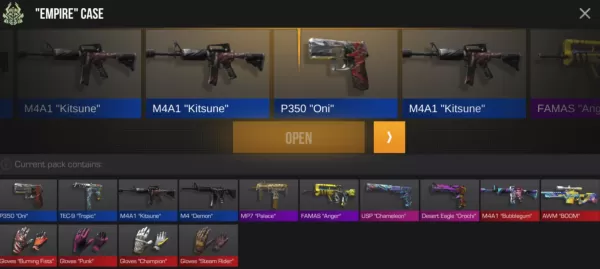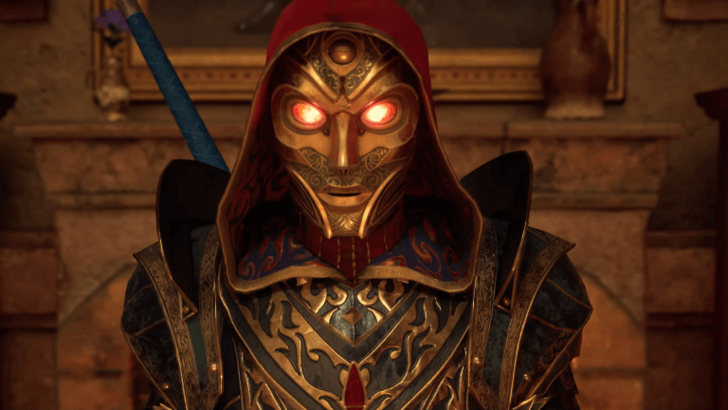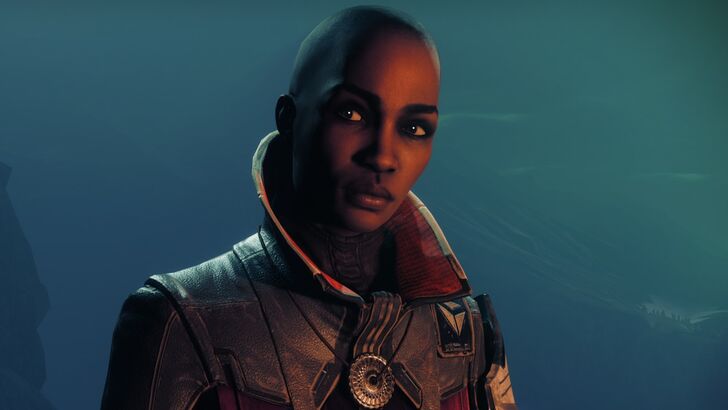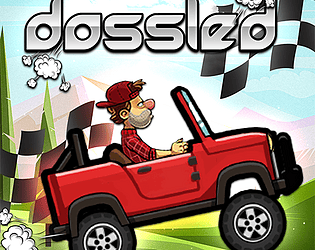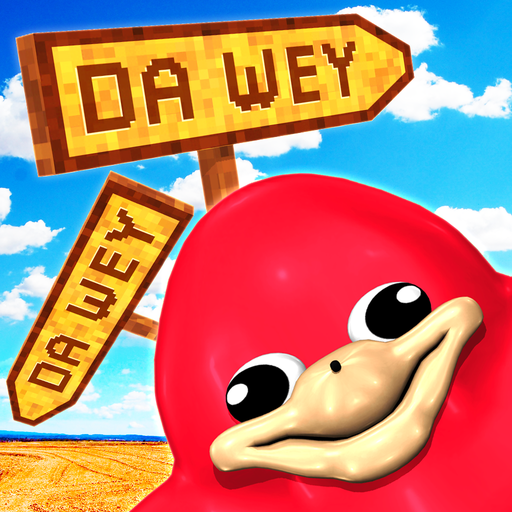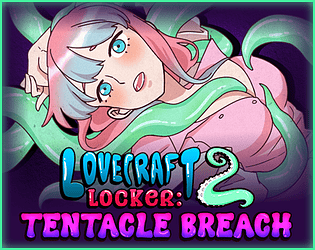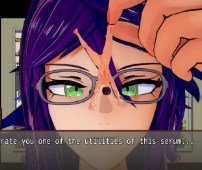Tucked away like a mythical artifact at the end of the latest Xbox Podcast episode was an update on Playground Games' eagerly awaited Fable. We're calling it "treasure" because it featured a rare snippet of gameplay, but "cursed" because it came with the disappointing news of a delay. Originally slated for release this year, Fable is now scheduled to launch in 2026.
Delays are often not the end of the world, and in Fable's case, this extra time could lead to a more intricately crafted world. While we wait, there's no better time to dive into the Fable series, particularly Fable 2, the pinnacle of the series. Released by Lionhead Studios in 2008, this game remains a unique and quirky RPG that deserves (re)discovery.
By today's RPG standards, Fable 2 stands out as an unusual gem. Even when compared to contemporaries like Fallout 3 and BioWare's early 3D titles, it holds a distinct vision. While the game follows a traditional campaign with a linear main story and a collection of unique side quests, its RPG mechanics diverge from the detailed stat systems of Oblivion and Neverwinter Nights. Fable 2 streamlines these elements to create a highly accessible experience, perfect for those new to RPGs or intimidated by complex character sheets.
The game simplifies gameplay with just six main skills affecting health, strength, and speed, and a single damage stat for weapons. Armor and accessories have no such stats, making the system straightforward. Combat, a frequent element in quests, remains engaging through inventive spellcasting, such as the amusing Chaos spell that makes enemies dance and clean. Even death has minimal consequences, with only a minor XP penalty.
Fable 2 is the ideal RPG for newcomers. In 2008, when Oblivion's vast world might have felt overwhelming, Fable 2's Albion offered a more digestible set of smaller, navigable maps. With your loyal dog companion alerting you to adventures, you can explore beyond the main paths to uncover secrets like buried treasure, hidden caves, and puzzling Demon Doors. This creates a sense of scale and adventure within a relatively compact world. Though Albion's geography is more linear, guiding you from landmark to landmark, it fosters a bustling, lived-in environment rather than a sprawling open world to get lost in.
While Albion might not match the expansive worlds of BioWare's Infinity Engine games or Bethesda's Morrowind, judging it by modern or contemporary RPG standards would miss the point. Fable 2's focus is on a vibrant, bustling society, akin to Maxis' The Sims. The town of Bowerstone, for example, pulses with simulated life, with residents following daily routines and town criers announcing shop openings and closing times.
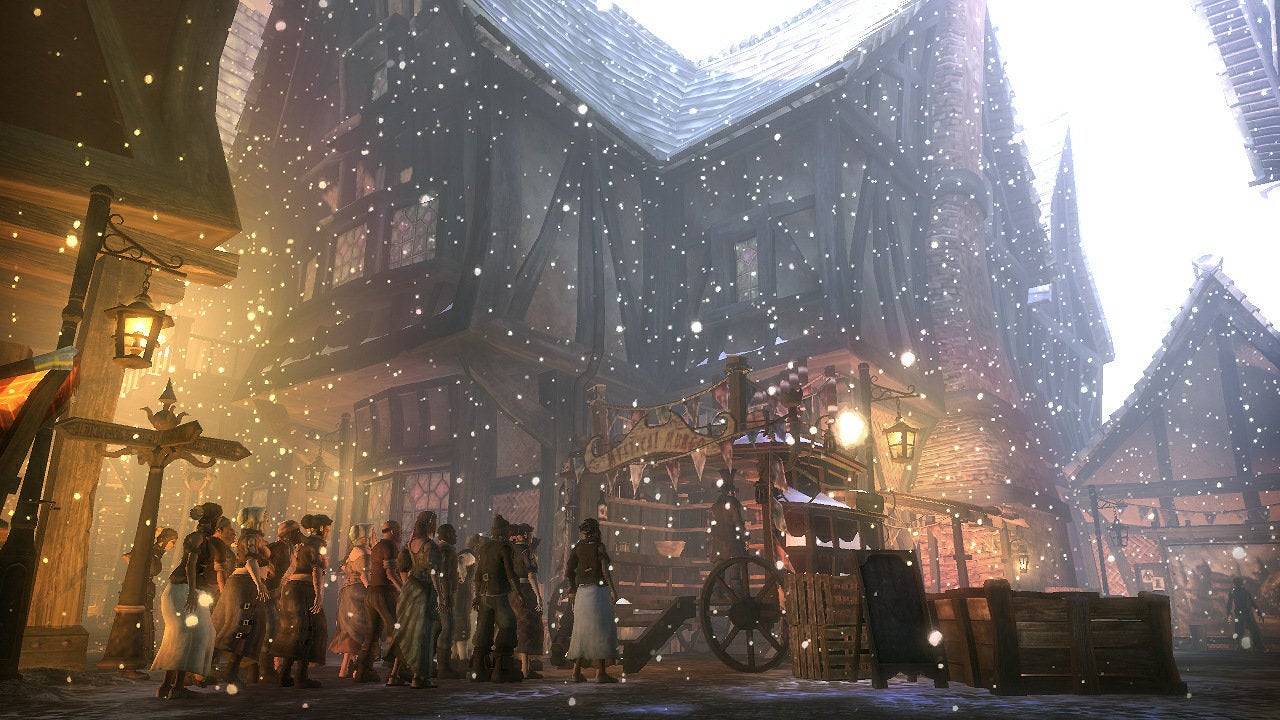
Albion feels like a living, breathing entity where every citizen has an inner life influenced by their roles, likes, and dislikes. Through a variety of gestures, you can interact with NPCs, delighting, insulting, impressing, or even seducing them. A well-timed fart might send pub patrons into fits of laughter, while mocking children could send them running to their parents. These interactions allow you to shape your reputation, either as a hero or a villain, within this reactive world.
Beyond heroic quests, Fable 2 encourages immersion in its society. You can purchase nearly every building, from houses to shops, using money earned through various jobs like woodcutting and blacksmithing. As a landlord, you can set rents, or you can decorate a home and even start a family by wooing NPCs with their favorite gestures. These elements, though artificial on their own, contribute to a genuine sense of life within the game.
Few RPGs have replicated Fable's approach to societal simulation. Even monumental games like Baldur's Gate 3 lack Fable's organic romances and real estate mechanics. However, Red Dead Redemption 2 comes close with its responsive world and NPC interactions. If Playground Games aims to stay true to Fable's roots, they should look to Rockstar's living world rather than the current trend of tabletop-inspired RPGs.
Playground Games must also preserve Fable's uniquely British humor, featuring dry wit and satire of the class system, alongside the beloved cast of actors that bring the world to life. Moreover, Lionhead's distinctive take on morality, focusing on clear-cut choices between good and evil, must remain intact. Fable thrives on its binary moral system, offering players the chance to be the ultimate hero or the vilest villain, with quests branching into good or evil paths that shape your reputation and alignment.
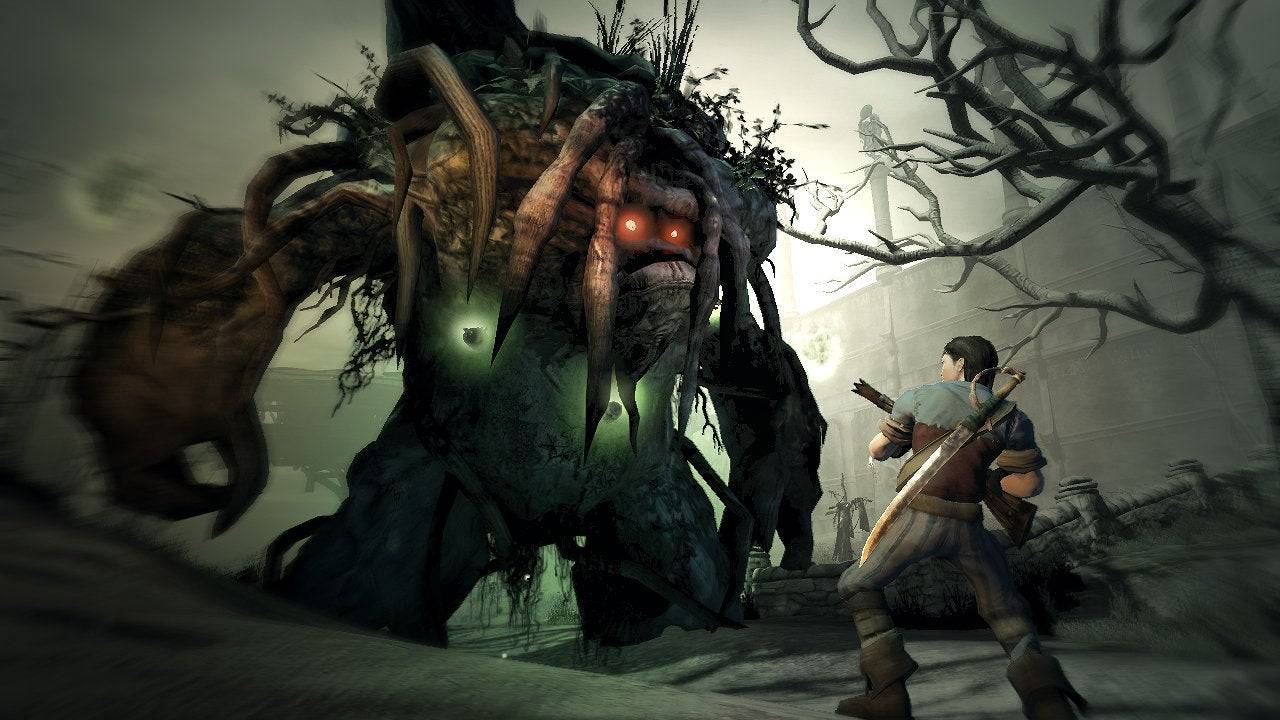
Peter Molyneux, Lionhead's founder and lead designer of the Fable series, has always been fascinated by the dichotomy of good and evil, a theme that runs through his work from Black & White to his upcoming Masters of Albion. In Fable 2, these choices are starkly black and white, leading to comedic extremes rather than nuanced dilemmas. This approach allows for a more impactful and creative experience compared to RPGs that focus on a spectrum of moral choices.
The recent development update from Playground Games included 50 seconds of pre-alpha gameplay footage, but it's too early to judge if they've captured Fable's essence. The footage hints at a more detailed and potentially more open world, with a horse suggesting fewer restrictions and lush forests indicating opportunities for exploration. A brief city shot, dense and full of life, suggests that the Sims-like simulation of society that makes Fable 2 unique might be preserved.
With the release still a year away, now is the perfect time to revisit or discover Fable 2. Its quirks and charm highlight why Playground Games must retain its unique elements. Fable shouldn't be reimagined as a clone of The Witcher, Baldur's Gate, or Dragon Age. It needs to stay true to its roots, farts and all.

